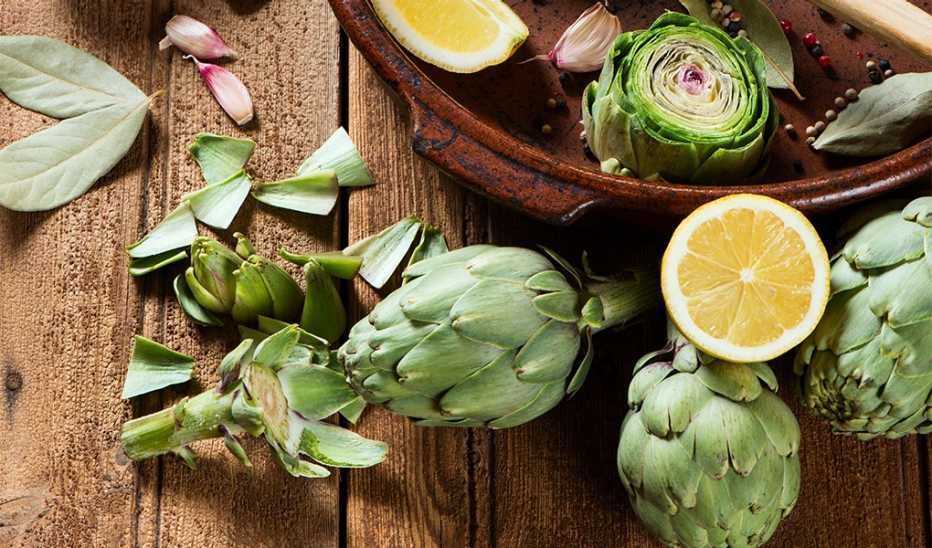Challenges


Many chronic diseases, including heart disease, cancer and obesity have been linked to inflammation, the body’s natural reaction to injury and infection. When inflammation gets out of hand, it can affect the brain, according to Caroline Apovian, codirector of Brigham and Women’s Hospital Center for Weight Management and Wellness. “Once there, these substances damage the brain’s nerve cells, affecting memory and thinking skills.”
Here's what you can do to help quell inflammation: Forget about chips, dips, fries and fruits canned with sugar, and focus on the benefits of the seven foods listed in this article.
1. Pineapples
Underneath their spiny exterior, pineapples boast a brain-healthy wallop. Bromelain, an enzyme found only in pineapples, keeps blood platelets from sticking together and forming clots. Why is this important? These clots can break off from artery walls and interrupt blood flow to the brain, setting you up for a memory-damaging stroke, notes Apovian. Pineapples are also rich in folate (aka vitamin B9), which can make you more alert and better able to focus, she explains.
Other foods rich in bromelain: There are none. Pineapple is the only edible member of its plant family.
Other foods rich in folate: lentils, spinach, black beans, broccoli
2. Purple Potatoes
These gemlike spuds are about as big as a Ping-Pong ball, but don’t let their size fool you. Purple potatoes have many times the antioxidant power of their cousins, white and yellow potatoes. Studies have found that the plant pigments that give them their lovely color, called anthocyanins, are antioxidants that can reduce inflammation. In a study of 15 people ages 50 to 70 reported in 2022 in Nutrients, those randomly assigned to eat purple potatoes for eight weeks reported less stress and irritability than those who ate a placebo food. Also, the high levels of folate in purple potatoes help lower levels of the amino acid homocysteine, which has been linked with dementia risk. Pretty good for such a tiny tater.
Other foods rich in anthocyanins: blueberries, strawberries, cherries, plums, red and purple grapes, red cabbage and purple cauliflower














More From Staying Sharp
Set Up Your Mediterranean Kitchen
Having the right stuff on hand makes healthy cooking a snap
Mindfulness in Your Digital Life
Three practical ways to be more present and purposeful
5 Food Choices to Support Brain Health
Discover small dietary changes that can make a big difference for your brain health